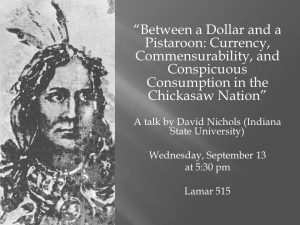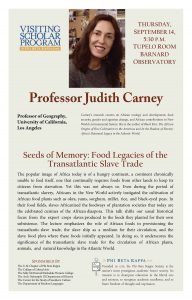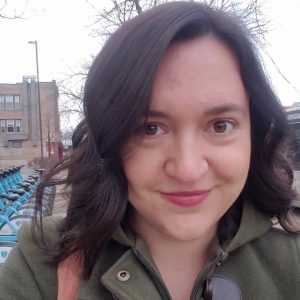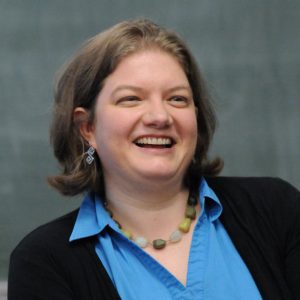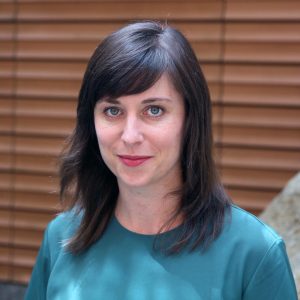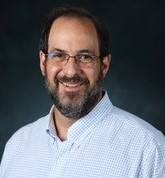 Marc Lerner, associate professor of history at the University of Mississippi, will give the 2017 Humanities Teacher of the Year Lecture on a popular figure in folklore at 7 p.m. November 6 in the Bondurant Hall auditorium.
Marc Lerner, associate professor of history at the University of Mississippi, will give the 2017 Humanities Teacher of the Year Lecture on a popular figure in folklore at 7 p.m. November 6 in the Bondurant Hall auditorium.
Lerner will discuss “The International William Tell: Highlighting Popular Culture in a Transatlantic World,” focusing on his research about the Swiss folk hero. The lecture is free and open to the public.
This year’s Humanities Teacher of the Year said he was shocked when he heard that he won the award, which is sponsored by the UM College of Liberal Arts and the Mississippi Humanities Council.
“I am deeply touched that the committee thought I was worthy of the honor,” Lerner said. “I know that there are many instructors who work very hard for their students and who deserve the recognition for doing a great job in the classroom.
“It is gratifying to be around such hard-working and supportive colleagues, who are great teachers and conduct such stimulating research. We are all fortunate to be inspired by the bright and enthusiastic students at this university.”
Lerner, who has been teaching at Ole Miss since 2005, holds a bachelor’s degree in history from the University of Chicago and a doctorate in history from Columbia University.
He regularly teaches courses on the Enlightenment, the French Revolution, the Age of Revolution and on nationalism. His research interests are focused on revolutionary Europe in a comparative perspective, republicanism and the shift to a modern political world, as well as Tell, among other topics.
Lerner has been a star teacher for many years, said Donald Dyer, associate dean for faculty and academic affairs in the College of Liberal Arts.
“He is very deserving of the recognition and the opportunity to give the 2017 lecture,” Dyer said. “His colleagues and his students agree that he is a compassionate, caring and engaging teacher of history and other topics. He has been teaching classes in the Honors College for several years as well.
“The college is proud of his skills and his teaching acumen, and he is highly deserving of the Mississippi Humanities Council Award.”
The William Tell story came to European prominence in the late 15th century as a foundational legend that sought to explain the origins of Swiss liberty. The different versions of the story agreed on some fundamental elements: Tell was a virtuous citizen of Canton Uri who was oppressed by the tyrannical Gessler after refusing to bow down before the symbols of Gessler’s authority.
Gessler then capriciously forced Tell to shoot an apple off his own son’s head.
“Ultimately, Gessler paid the price for his tyranny as Tell’s shot led to the independence of the Swiss Cantons and Gessler’s death,” Lerner said. “There was no agreement, however, on some other important elements of the story: Did Tell lead the revolt? Did he take part in the foundational oath? Was Gessler local or imposed by an outside power?”
Most often, the Tell story broke down into one of two categories, either supporting the elite leadership of the Swiss republics or arguing for more popular input into politics. Either message was easily extended beyond the Alps: Tell acted in defense of his family against the foreign tyrant and continued to respect the authority of the local elite, or he was a popular revolutionary who planned an insurrection to overthrow aristocratic rule.
During this period of revolutionary transformation, the figure of Tell evolved into a proxy in an ongoing battle between those who saw true liberty as self-rule, free from the intervention of foreigners, and those who saw liberty as an egalitarian principle.
Lerner’s lecture is an extension of his ongoing research about the international forms of Tell’s story to better understand a global Age of Revolutions from 1750 to 1850 through studying cultural productions. The story was used and manipulated by a variety of participants and he can track this story of liberty into all corners of the Revolutionary world, Lerner said.
“The development of a wider international perspective allows us to look more deeply at the Revolutionary period itself and the globalized world it created,” Lerner said. “Too often, historians observe fundamental revolutionary processes only in a single country.
“The Age of Revolution did not start and stop in Paris or Philadelphia; rather it was a transnational phenomenon. Revolutionary and counterrevolutionary ideals, principles and problems were not bound by national borders.”
Each October, the Mississippi Humanities Council honors outstanding humanities instructors at state institutions for higher learning as part of National Arts and Humanities Month. College presidents or academic deans nominate professors for consideration, based on the excellence of their humanities work in the classroom.
Each nominee receives a cash award from the Mississippi Humanities Council and is asked to prepare and deliver a public lecture on a humanities subject during October or November.
Story by Michael Newsom
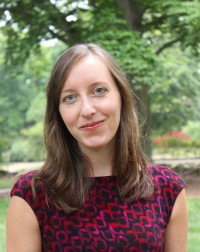
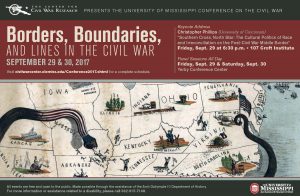
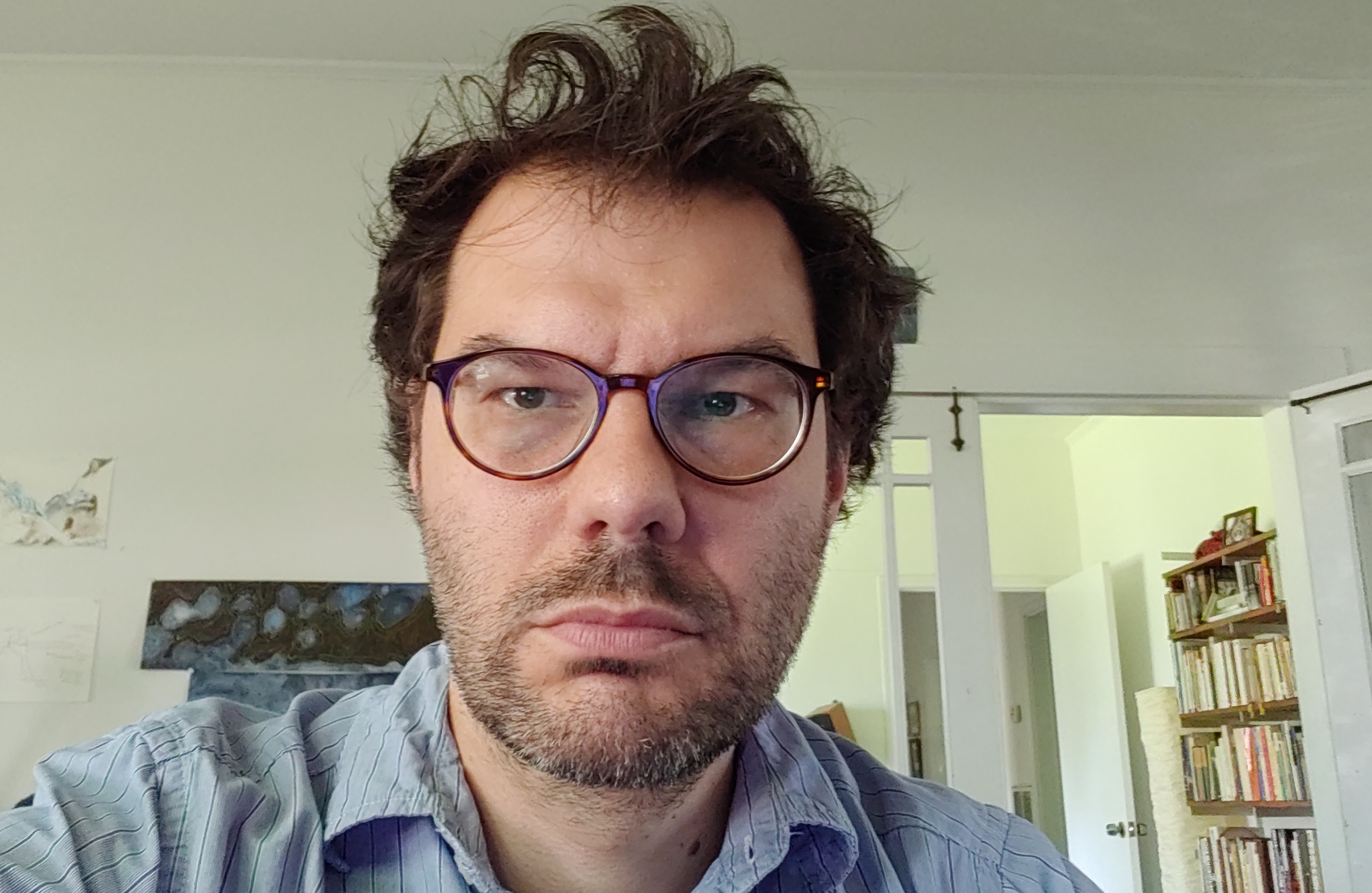 Nicolas Trépanier, associate professor in the University of Mississippi’s Arch Dalrymple III Department of History, has received a yearlong research fellowship at the Netherlands Institute for Advanced Study in Amsterdam for the 2017-2018 academic year.
Nicolas Trépanier, associate professor in the University of Mississippi’s Arch Dalrymple III Department of History, has received a yearlong research fellowship at the Netherlands Institute for Advanced Study in Amsterdam for the 2017-2018 academic year.